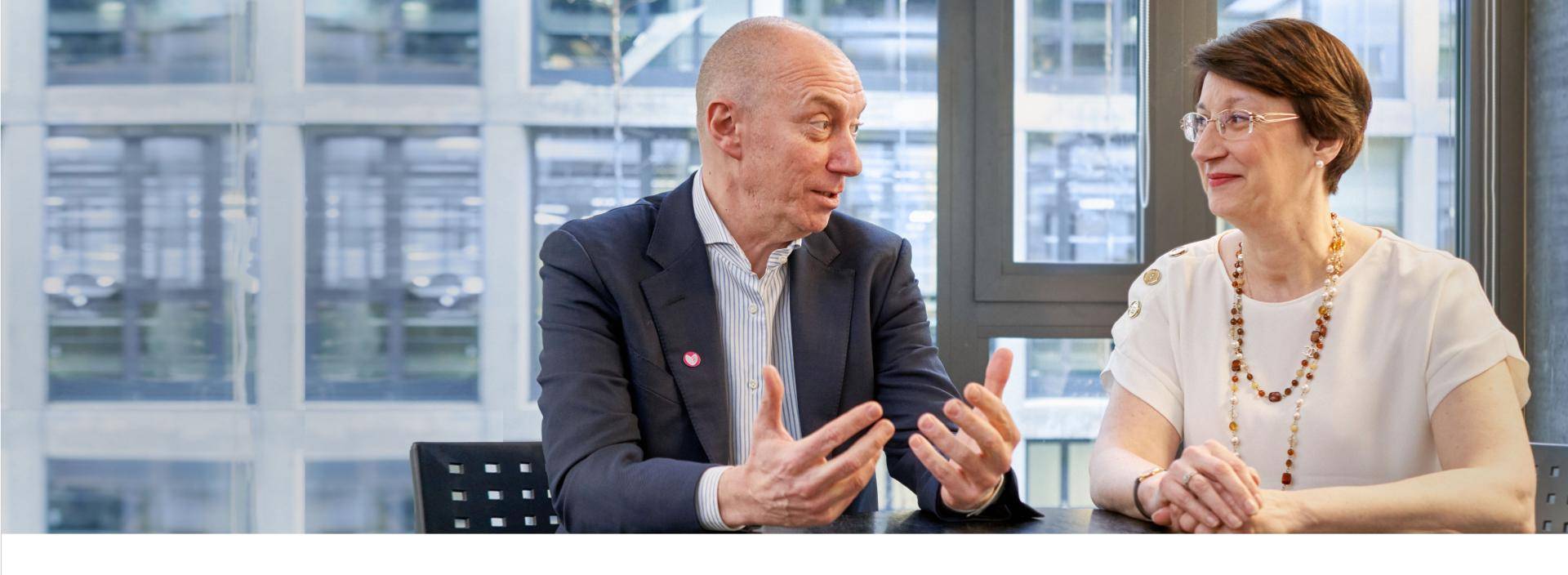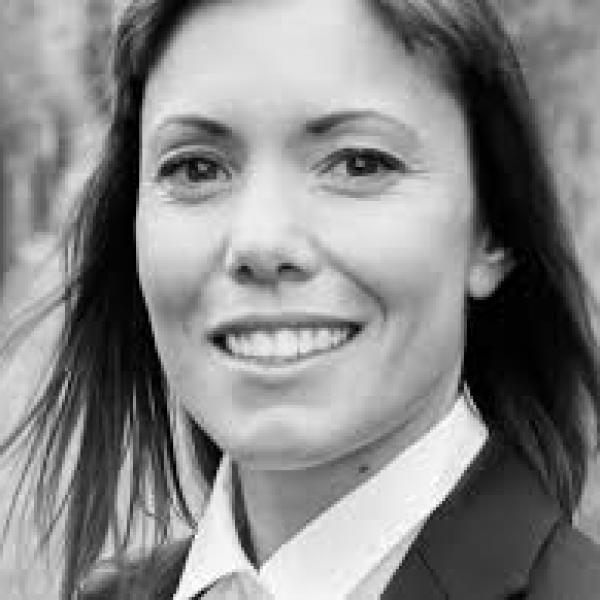Diverse teams are the basis of a successful business

Diverse teams are the basis of a successful business
1. There is a lot of research demonstrating that gender balance in business increases business performance. What is your view on this and have you experienced any successes first-hand?
Massimo: If you look at the research, such as the work undertaken McKinsey, it shows that companies who were rated in the top quartile for gender diversity outperform their competitors by 15%. Equally, those rated in the top quartile for ethnic diversity outperform their competitors by 35%. So you can see, there is real business value and indeed a business case for increasing gender balance and diversity. In my experience, great teams are agile, inventive and global. How are these great teams formed? By talented people with expertise, styles, and knowledge, coming together from a varied demographic, gender, nationality and age background.
Isabelle: As Massimo said, there is ample evidence showing that a diverse leadership and workforce in an organization increases its performance. So the business case is clear. Diversity brings huge value creation potential by increased creativity and innovation, which is key to performance in an uncertain and dynamic world. Half of society is made up of women, so surely to reach them you need to have a critical mass of women in your organization. But, it’s not only a business case, it’s also a social imperative. In order to ensure a sustainable business, we need to harness the power of creativity of all future citizens of this world - men and women.
How are these great teams formed? By talented people with expertise, styles and knowledge, coming together from a varied demographic, gender, nationality and age background.
2. At Barry Callebaut, we are not quite where we should be on gender balance. What are your thoughts on the opportunities we have to increase to enable gender balance in various teams and levels in our organization?
Isabelle: Achieving gender balance is just one aspect of Diversity & Inclusion. I believe it is about bringing awareness of the unconscious biases we all have. This awareness will allow meaningful discussions around people, break unconscious stereotyping and open up new possibilities. I believe small actions consistently repeated bring a big impact: ensuring a balanced slate when filling vacancies, conducting wider conversations around talent, asking people what they want to do and being careful about language. These are all examples of actions we can engage in on a daily basis.
Massimo: We indeed do not see enough women yet in senior management positions nor in our factories. In my view, we primarily need to create an environment where we have or develop more women to whom we can offer these positions. We are also actively engaging with colleagues, both men and women, to discuss how we can better encourage and support women to progress into these roles.
3. Why is it important for men to be considered as critical contributors to achieve gender diversity?
Isabelle: Men play a pivotal role in creating a fairer workplace and a fairer world in general. As I said before, the starting point is raising awareness of unconscious biases. If current leadership in global companies, made up predominantly by men does not start to push diversity, who will? But I am an optimist, in the many actions that I have experienced in Diversity & Inclusion over the years, men have been a driving force, and the active engagement of both men and women has maximised the success of the outcome. I encourage everyone to have a look at the United Nations “He for She Campaign”, which started the movement of ensuring that men are part of this journey. It is a mistake to think that Diversity & Inclusion is all about women and that it is a women’s issue - this is simply not true. It’s a societal challenge, aimed at achieving a fairer world.
Men play a pivotal role...it is a mistake to think that Diversity & Inclusion is all about women and that it is a women’s issue - this is simply not true
Massimo: I fully agree with Isabelle. In today’s world, innovation and technology provide unprecedented opportunities for millennials and the younger generations starting out in their careers. I also see that there are still (unconscious) prejudices around women’s participation at all levels in many organizations and we need to create that awareness. I would want my daughters, like any other girl, to have the same opportunities as their male friends.
4. What is your joint statement/ commitment that you want to give to our people, in combination with your strengths?
Isabelle: We commit to keep this topic alive in Barry Callebaut in the everyday business, not shy away from having the discussion and raise awareness with small everyday actions that will make a big difference.
Massimo: I have been for a long time with Barry Callebaut and truly believe that diverse teams are the basis of a successful company. We are on a journey to create more awareness on the value of gender diversity, as an important factor of successful teams. If we remain persistent, step by step we will be able to raise our ambition.
